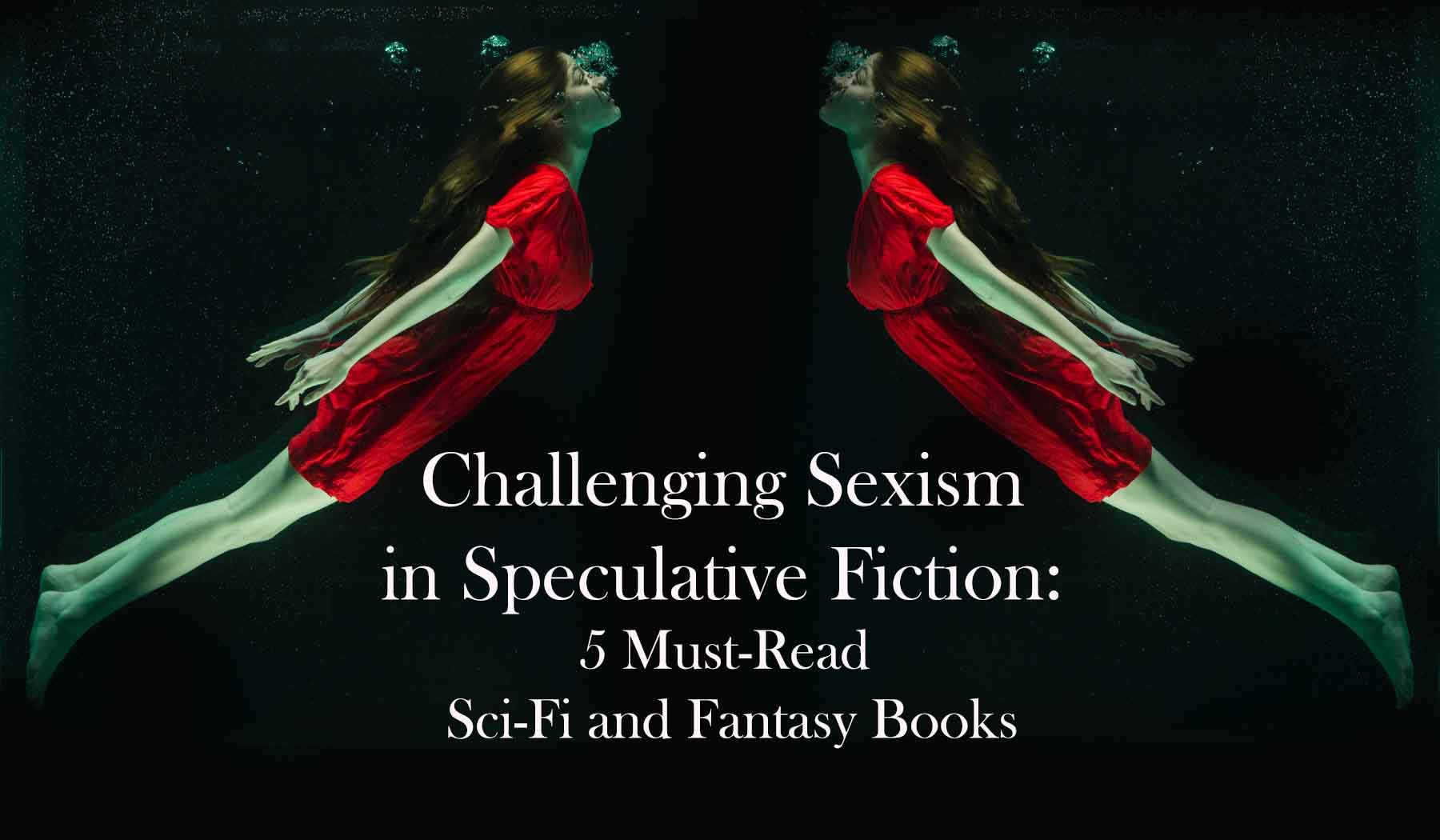In the realm of science fiction and fantasy literature, authors have often used their imaginative worlds to explore and challenge societal issues.
One prevalent topic that has been tackled in many speculative fiction works is sexism.
These books delve into the complexities of gender discrimination, misogyny, and gender roles, providing thought-provoking insights and perspectives.
Let’s explore five sci-fi and fantasy books that tackle sexism, highlighting their unique approaches, and discussing their impact on the genre and beyond.
1. The Handmaid’s Tale by Margaret Atwood
“The Handmaid’s Tale” is a seminal dystopian novel by Canadian author Margaret Atwood.
Set in a near-future totalitarian society called Gilead, the book follows the story of Offred, a woman who is stripped of her rights and forced into the role of a handmaid, whose sole purpose is to bear children for the ruling class.
Atwood masterfully portrays the systemic oppression of women in Gilead, where they are reduced to their reproductive capabilities and denied autonomy over their bodies and lives.
The book serves as a powerful critique of patriarchy and gender inequality, and has become a feminist classic that resonates with readers to this day.
Key themes: Patriarchy, reproductive rights, gender oppression, autonomy
Impact: “The Handmaid’s Tale” has gained widespread recognition and has been adapted into multiple formats, including a successful TV series.
It has sparked conversations about women’s rights, reproductive justice, and the dangers of totalitarianism.
The novel’s depiction of a dystopian society where women’s rights are stripped away serves as a cautionary tale and a rallying cry for gender equality.
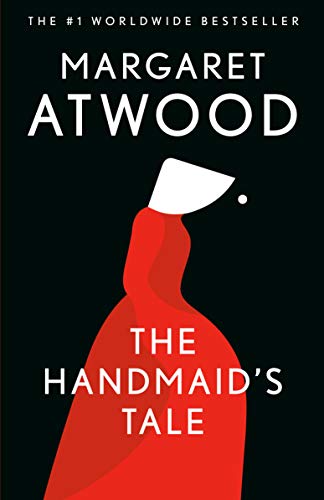
2. The Left Hand of Darkness by Ursula K. Le Guin
“The Left Hand of Darkness” is a pioneering work of science fiction by Ursula K. Le Guin, one of the most influential writers in the genre.
The novel is set on the planet Gethen, where the inhabitants are androgynous beings who can switch between male and female genders during their monthly sexual cycle.
The book follows the journey of Genly Ai, a human envoy, as he navigates the complex gender dynamics and societal norms of Gethen.
Le Guin’s exploration of gender fluidity and the absence of rigid gender roles challenges traditional notions of masculinity and femininity, and sheds light on the limitations of gender binaries.
Key themes: Gender fluidity, gender roles, societal norms, masculinity, femininity
Impact: “The Left Hand of Darkness” has been widely praised for its thought-provoking portrayal of gender and has won numerous awards, including the Hugo and Nebula Awards.
Le Guin’s visionary approach to gender in the novel has sparked discussions on the fluidity and complexity of gender, and has paved the way for more inclusive and diverse portrayals of gender in science fiction and fantasy literature.
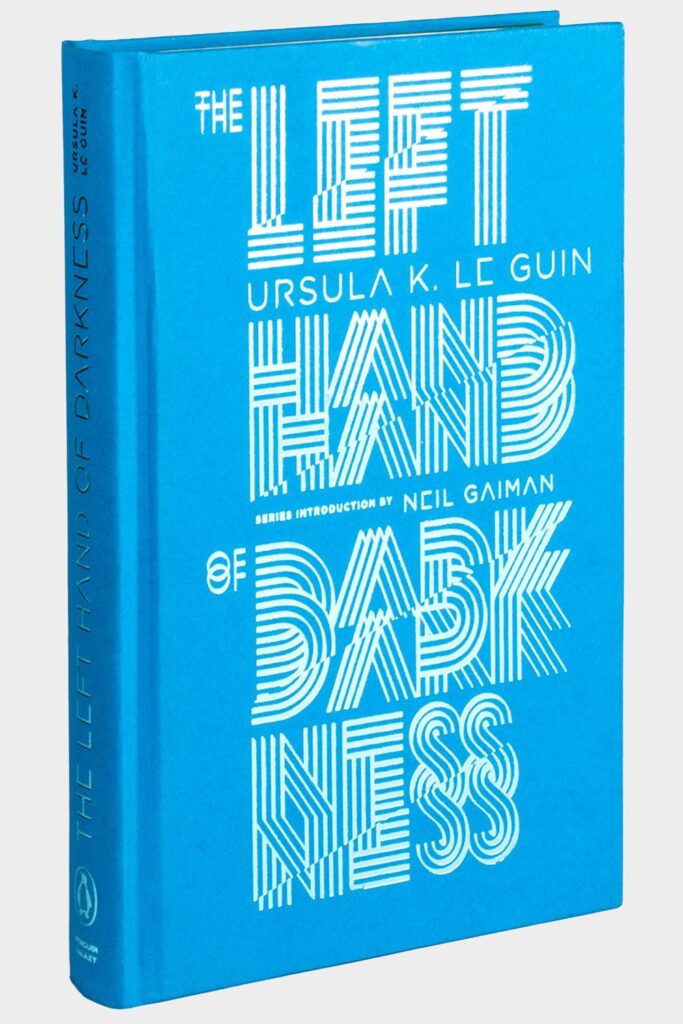
3. Binti by Nnedi Okorafor
“Binti” is a Hugo and Nebula Award-winning novella by Nnedi Okorafor, a Nigerian-American author known for her African-inspired science fiction and fantasy works.
The book follows the journey of Binti, a young Himba girl who leaves her isolated desert community to attend a prestigious interstellar university.
Along the way, Binti faces prejudice and discrimination as she navigates an unfamiliar world dominated by other races.
Okorafor addresses issues of race, cultural identity, and otherness, as well as sexism, as Binti challenges societal expectations and stereotypes to assert her agency and forge her own path.
Key themes: Race, cultural identity, otherness, agency, societal expectations
Impact: “Binti” has received critical acclaim for its fresh and compelling approach to science fiction, blending African culture, technology, and social commentary.
The novella has been praised for its exploration of sexism and the intersectionality of discrimination, highlighting the challenges faced by women of color in male-dominated spaces.
“Binti” has also been celebrated for its representation of a strong, intelligent, and resilient female protagonist who defies societal norms and expectations.
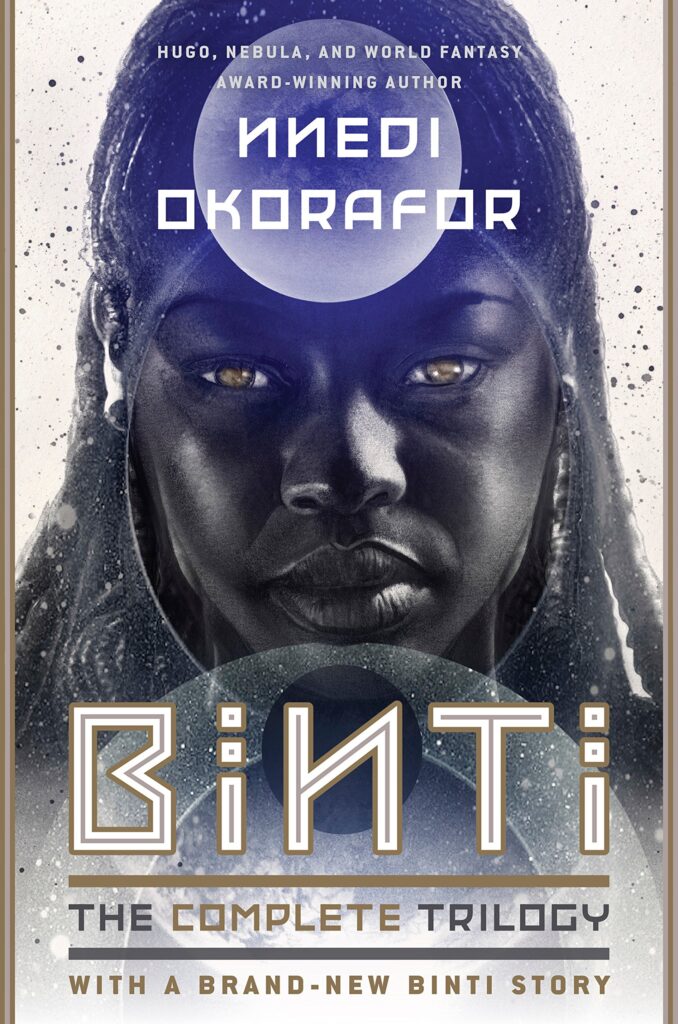
4. The Dispossessed by Ursula K. Le Guin
“The Dispossessed” is another groundbreaking work by Ursula K. Le Guin that challenges traditional gender roles and power dynamics.
The novel is set in a complex anarchist society on the moon Anarres, where gender distinctions and hierarchy are abolished.
Le Guin’s protagonist, Shevek, is a physicist who struggles against societal norms and expectations as he seeks to share his scientific discoveries with other planets. In the process, Shevek questions the traditional gender roles and biases that still exist in his society, and challenges the status quo.
Key themes: Anarchism, gender roles, power dynamics, societal norms, challenging traditions
Impact: “The Dispossessed” has been recognized for its thought-provoking exploration of gender and social structure, and has won numerous awards, including the Hugo, Nebula, and Locus Awards.
Le Guin’s nuanced portrayal of a society without gender hierarchy has inspired discussions on the possibilities of a more egalitarian and inclusive world, and has contributed to the ongoing conversation about gender roles in literature and beyond.
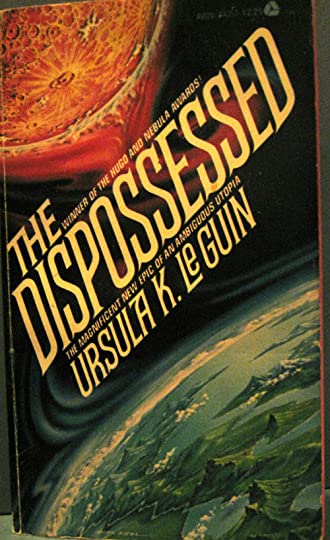
5. The Power by Naomi Alderman
“The Power” by Naomi Alderman is a speculative fiction novel that imagines a world where women develop the ability to generate electric shocks from their bodies, giving them newfound physical power.
The novel explores the societal implications of this sudden shift in power dynamics, as women gain physical dominance over men.
Alderman’s book delves into the complexities of power, gender, and social norms, as she challenges traditional gender roles and norms by reversing the dynamics of power between men and women.
Key themes: Power dynamics, gender roles, societal norms, reversal of power
Impact: “The Power” has been critically acclaimed for its thought-provoking exploration of gender and power, and has won several awards, including the Baileys Women’s Prize for Fiction.
The novel has sparked discussions on the abuse of power, gender dynamics, and the intersections of power, gender, and societal norms.
Alderman’s novel prompts readers to critically examine existing power structures and question gender stereotypes and expectations.
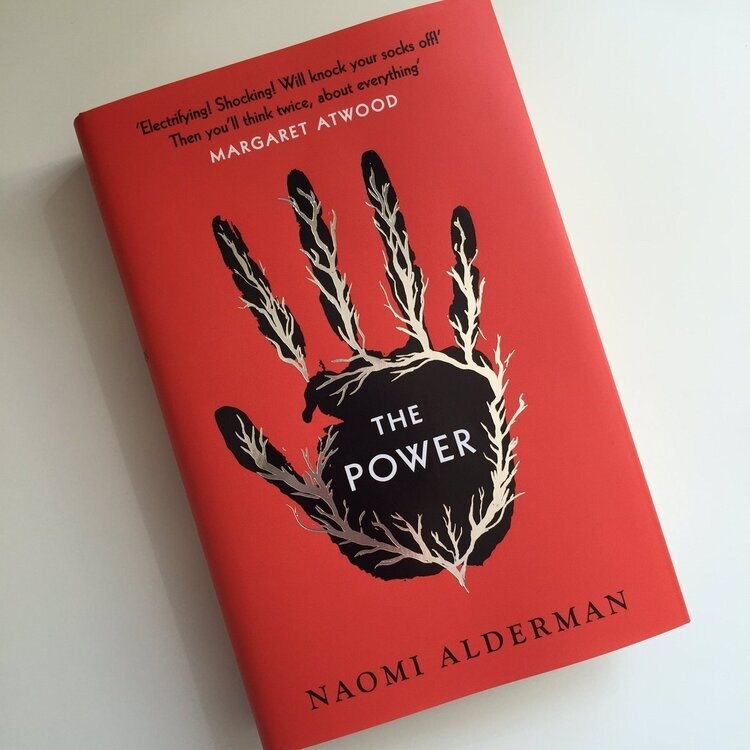
Significant Impact on the Genre and Beyond
Sci-fi and fantasy literature provide a rich and imaginative space for authors to tackle complex societal issues such as sexism.
These books have had a significant impact on the genre and beyond, sparking discussions, challenging traditional notions of gender, and encouraging readers to critically examine the role of gender in society.
Through their compelling storytelling and visionary approach, these books have contributed to the ongoing conversation about sexism and gender inequality, making them essential reads for anyone interested in exploring these issues in the realm of speculative fiction.
